Pleasure serves a beautiful purpose in our life.
We’ve evolved as humans to seek out pleasurable experiences that were necessary for our survival.
For example, when we eat food that provides nourishment and energy for our body, dopamine, and other feel-good neurotransmitters, are released into the reward system of the brain.
The pleasure we received from eating natural, whole foods provided encouragement to go out and repeat the same experience again, therefore, experiencing more pleasure.
This is how our brain evolved and how it still works today.
Our brain takes note of pleasurable experiences (the dopamine release) and then encourages us to repeat them by creating a desire for those things that give us pleasure.
Natural Pleasures
The following are some of the natural pleasures that we’ve evolved to enjoy:
- Eating whole, real, foods that provide nourishment and fuel for our bodies
- Exercise and movement
- Sleep & rest
- Connection
- Love
- Sex
- Accomplishment
- Cleanliness (i.e. a clean living space, fresh air, personal hygiene)
- Being of service; contribution
When we look at each one of the above carefully, consider the pleasure that’s gained afterwards even if it’s not immediately recognizable at the moment.
For example, feeding yourself nutritious food and being rewarded with a healthy and well functioning body.
The pleasure of waking up rested after a solid night’s sleep.
The feelings of accomplishment after hitting submit on an assignment you’ve been working so hard on. Or even just getting through your to-do list for the day.
Notice these natural pleasures often require some effort and exertion to obtain.
For example, eating healthy food will involve shopping for ingredients, some meal preparation, and potentially cooking something from scratch.
Moving your body might involve changing into your workout clothes and going for a run outside or driving yourself to the gym. The workout itself may feel challenging and hard, but you feel amazing afterwards.
You might have to schedule a time to call your girlfriend to connect with her or make the time to be with your husband, uninterrupted by the kids.
To complete the work assignment, you have to sit down at your computer and focus without giving in to the temptation to procrastinate with food, scrolling Facebook, or watching a quick video on YouTube.
In the end, whatever perceived discomfort there may be in the moment (i.e. choosing the healthy option, going for the run, or completing the work project) is outweighed by the benefit gained.
Artificial Pleasures
On the other hand, we have “artificial” human-made pleasures that are mostly concentrated versions of the natural forms above. So we get a much more intensified dopamine response, and therefore, experience a more significant “hit” of pleasure than what we originally evolved to experience. The more we repeat them, the more we reinforce their importance, and the more our brains will create a large amount of desire for them.
Please note that I’m NOT suggesting that ALL of these things are negative and need to be (or even should be) banned from your life. Instead, are you relying on them as your primary sources of pleasure?
The following are artificial pleasures that we humans have created:
- Refined Sugar, Flour, Processed Foods
- Alcohol
- Nicotine
- Caffeine
- Drugs
- Porn
- Video Games
- TV
- Social Media
- Shopping
Again, I’m not suggesting that ALL of the above things are negative, and it’s undoubtedly the “dose that makes the poison,” in most cases.
But the more you engage, the more desire that is created, and soon the pleasure from natural sources can no longer compete.
This is because the dopamine receptors begin to downregulate, meaning you need more of the “substance” to get the same amount of pleasure you did before.
An obvious example is in the case with drug addicts who end up overdosing because they’re chasing that initial high. It’s also the reason why a ripe, juicy piece of fruit doesn’t stand a chance against a chocolate fudge sundae with whipped cream if you identify as a “sugar addict.”
Good or Bad: What is the Net Effect?
A great question to ask yourself when you’re deciding what type of pleasure you want to include in your life is, what’s the net effect?
Is it negative or positive?
When we look at the list of natural pleasures, it’s pretty clear that the net effect is going to be generally positive.
For example, you never regret having done that workout (unless you get injured, of course) or getting outside in the fresh air for that walk.
Or getting that extra hour of sleep.
Or completing the work ahead of the deadline. Even though sitting down at your computer to write the paper might feel like torture at the moment, it’s outweighed by the sense of accomplishment when you submit it.
On the other hand, consider the net effect of “artificial” pleasures, beyond the instant gratification.
For example, if the initial hit of pleasure from eating a pint of ice cream is followed by feelings of regret and disappointment, an upset stomach or unwanted weight gain.
Or if the initial thrill of the shopping spree turns into drowning in more credit card debt.
Again, the dose makes the poison.
It’s essential to determine the net effect in your own life because it’s different for everyone, and certain people are more susceptible to overdoing certain areas than others (i.e. overdrinking, overspending, overeating).
For example, enjoying a glass of wine or two with dinner may have no negative consequences for you, but 3 or 4 drinks, on the other hand, quickly turns to a net-negative experience when your sleep is disrupted, and you wake up with a pounding headache the next morning.
A cup of coffee or two might be an enjoyable morning ritual, but what if that 3rd or 4th cup ramps up your anxiety and blood pressure, or you end up with heart palpitations?
A little social media or “Angry Birds” may offer a bit of healthy distraction, but what if it turns into hours of procrastination from accomplishing your work?
It’s also entirely possible to have too much of a good thing (including healthy and nutritious foods).
Training Your Brain
So the question remains, where would you like to get your pleasure, or rather, your dopamine from?
Do you want the majority of your pleasure coming from things that have a net-negative effect in your life (albeit “pleasurable” in the moment)?
Or a net-positive effect (even if it requires effort and dedication)?
If you find that you place more importance on the “artificial” pleasures, the good news is that you can begin to de-condition your desire for them by decreasing their frequency.
For example, if your diet is made up of a lot of sugar or processed foods, the more you begin reaching for real, whole foods, the less desire you’ll have for that other stuff.
Again, this isn’t about eliminating all of the “artificial” pleasures.
I personally derive great enjoyment from my morning coffee ritual, and I thoroughly enjoy wine at dinner (although not every night). And I do enjoy sweet treats sometimes, too. And I also enjoy unwinding after a long day and watching a movie or an episode on Netflix (we recently finished This is Us and Ozark – I highly recommend both, btw!).
But they pale in comparison to the feeling of accomplishment, connection, love, or having a strong and healthy body that moves me through life with ease, for example.
In fact, when my life is filled with all of those natural pleasures, I find I’m able to enjoy the “artificial” ones that I do partake in so much more because I know I’m not using them as a means to avoid discomfort or escape my life.
Does that make sense?
Next week in Part 2, I’ll be focusing on how to infuse more simple pleasures into your day, and why it’s so essential for your health and weight loss goals.
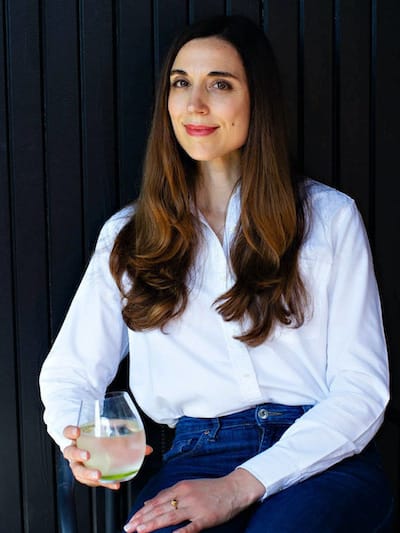
Hi! I’m Elaine, a Certified Nutritionist & Master Health Coach. I teach women how to lose weight while prioritizing the health of their bodies and minds (while also enjoying the foods they love!).
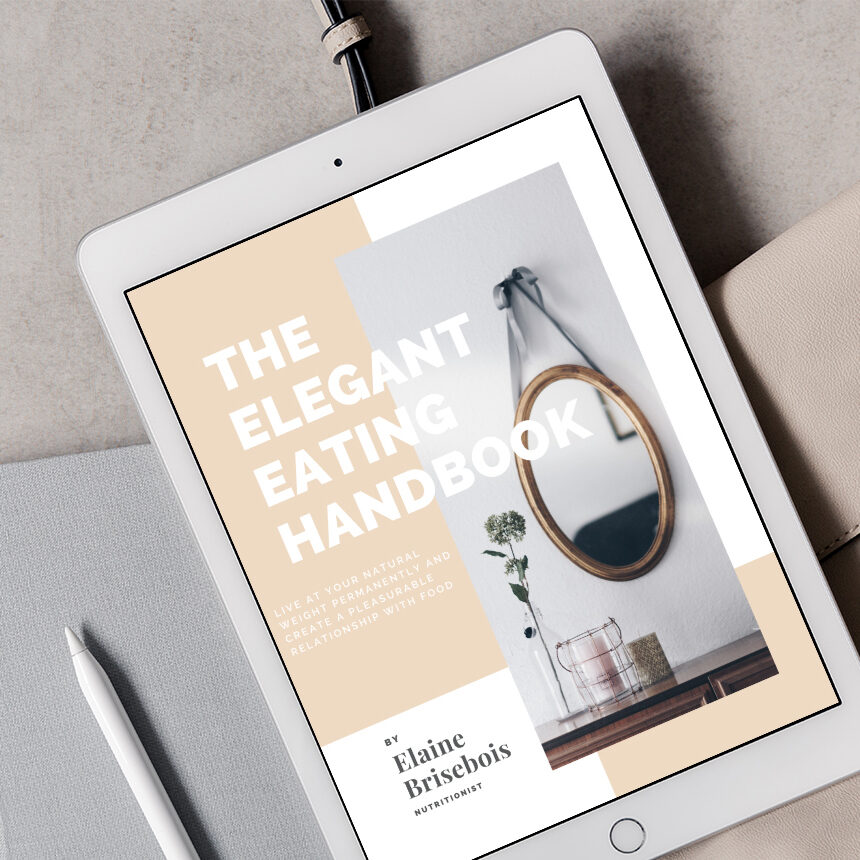
Get a free copy of my handbook!
The Elegant Eating Handbook: Simple and Effective Strategies for Lasting Weight Loss and a Peaceful Relationship with Food.
share with friends
keep reading...
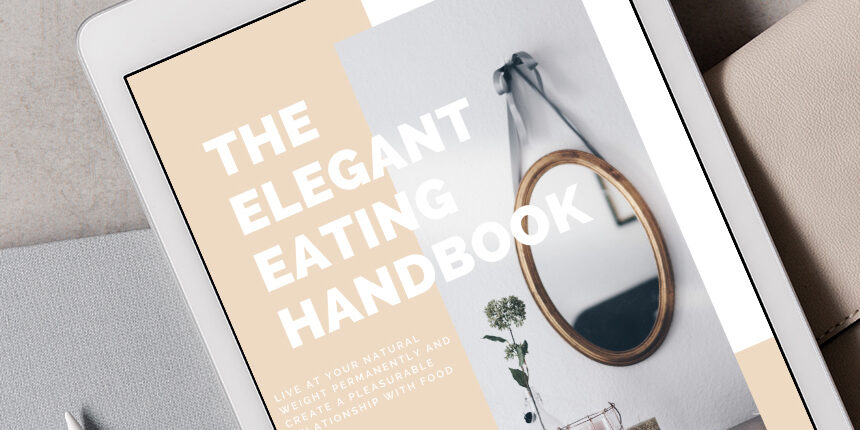

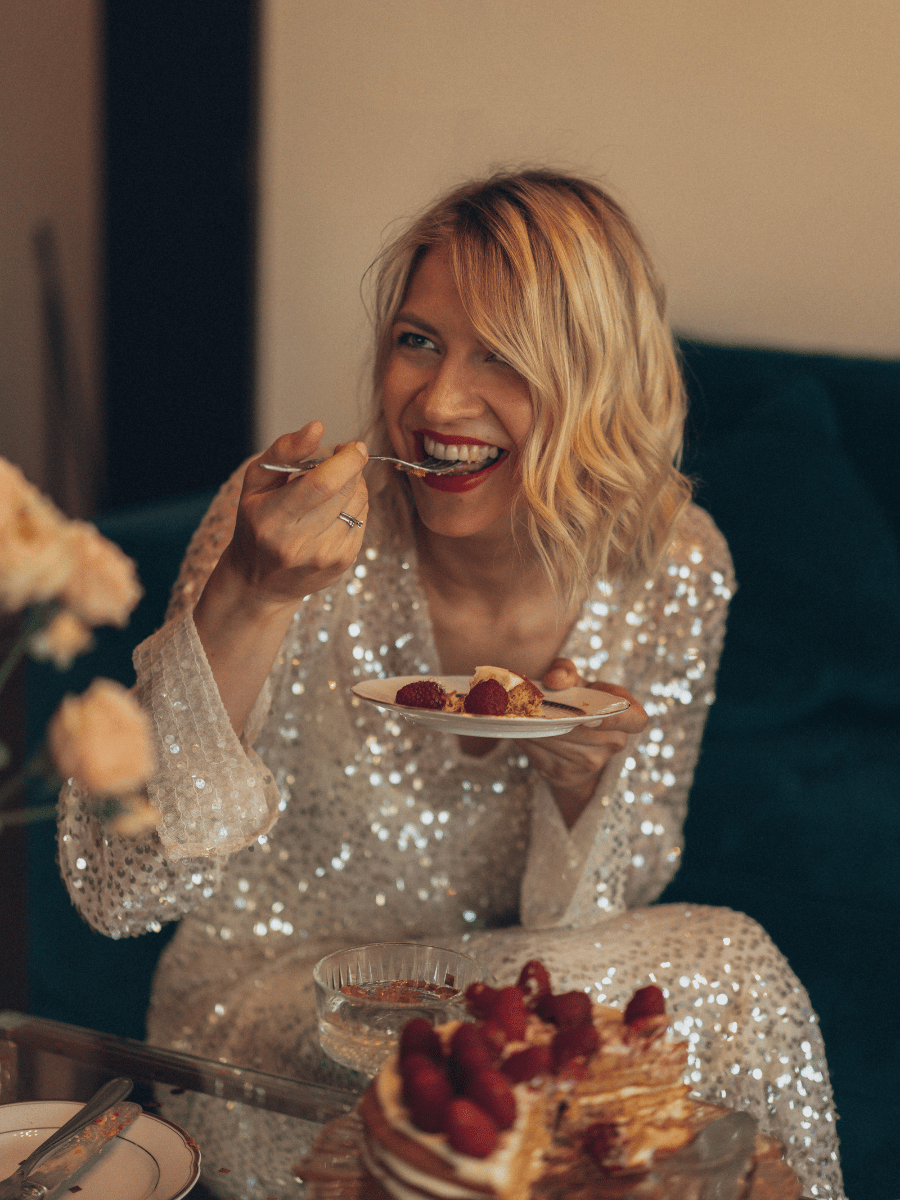
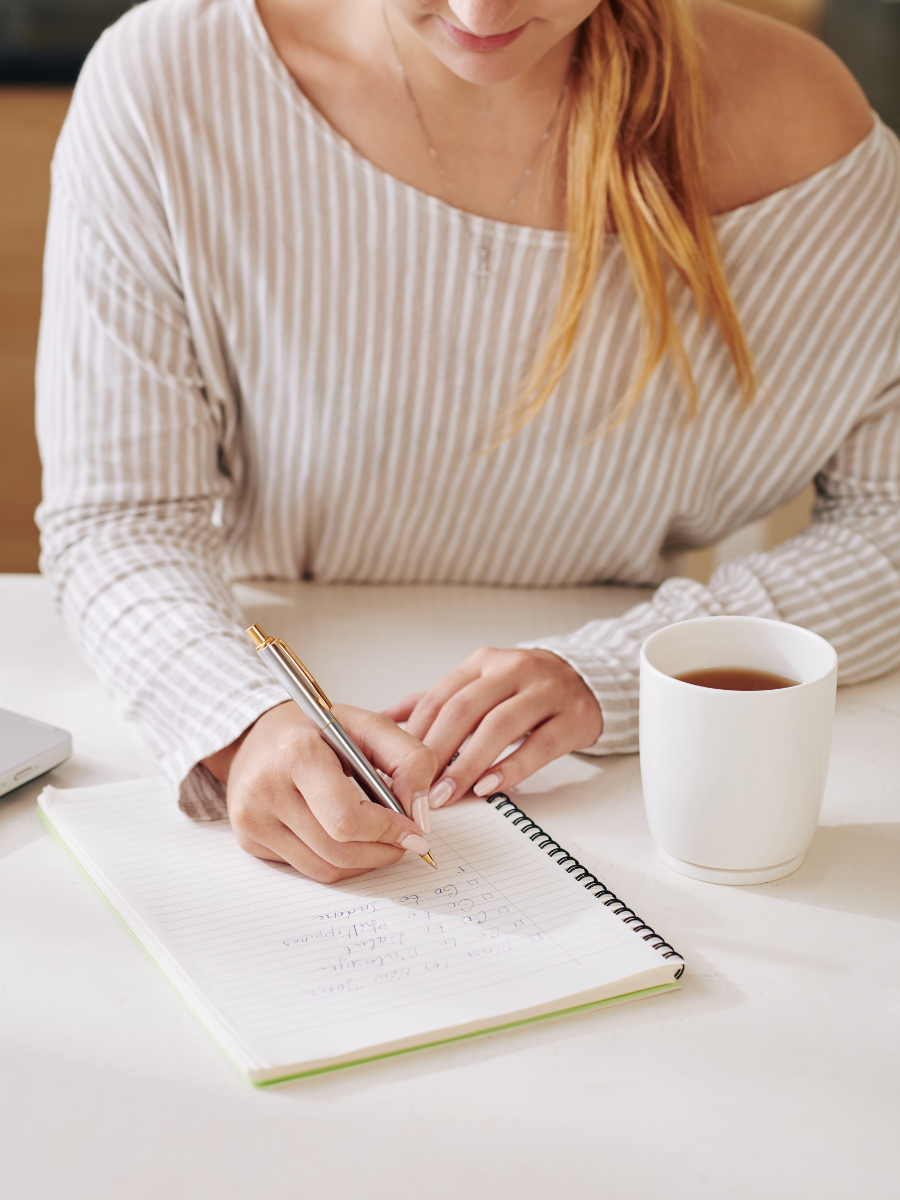
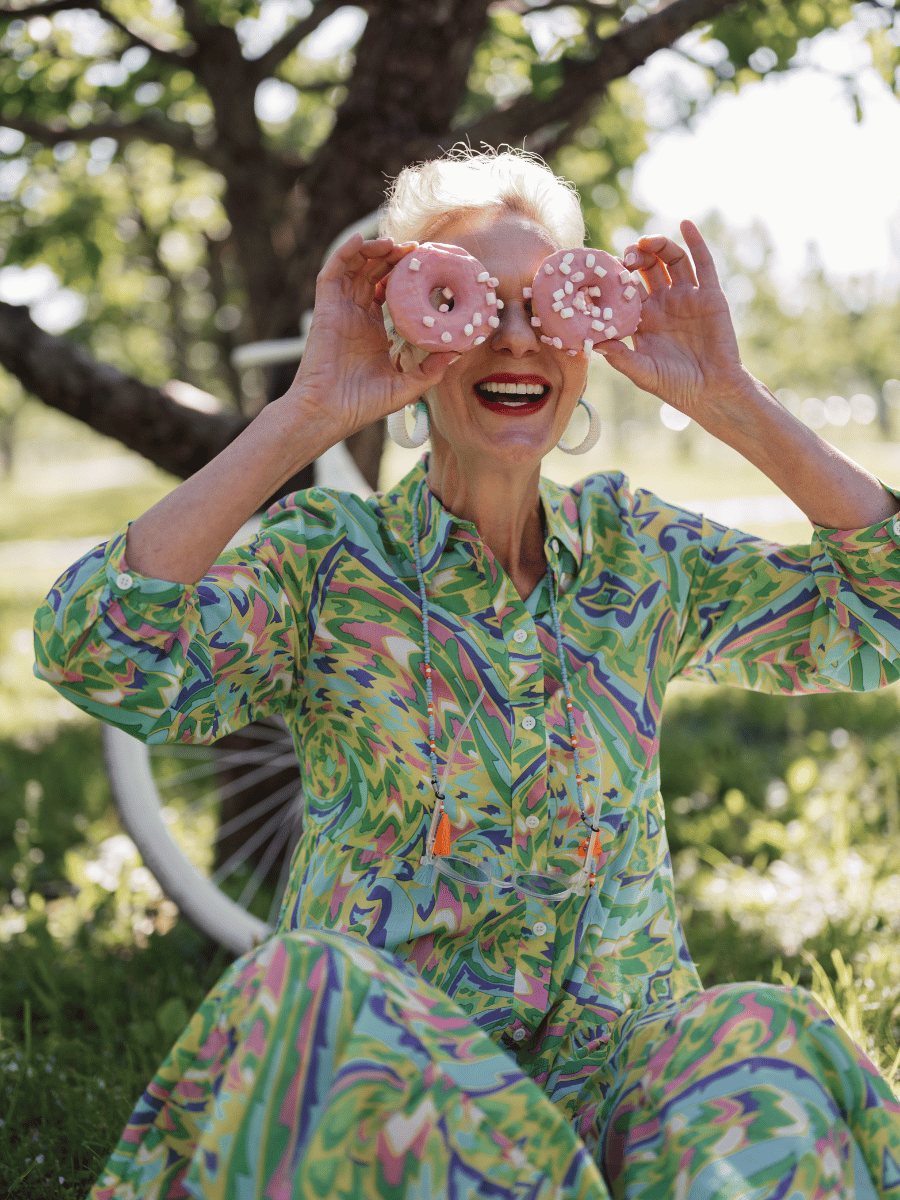
[…] (Be sure to read part one first before reading this part!) […]
[…] our diet is filled with a lot of concentrated pleasure, our primitive brain is just doing its job when it takes note of it and creates a large amount of […]
[…] You can read more about this in my blog post: Pleasure – Natural vs. Artificial. […]